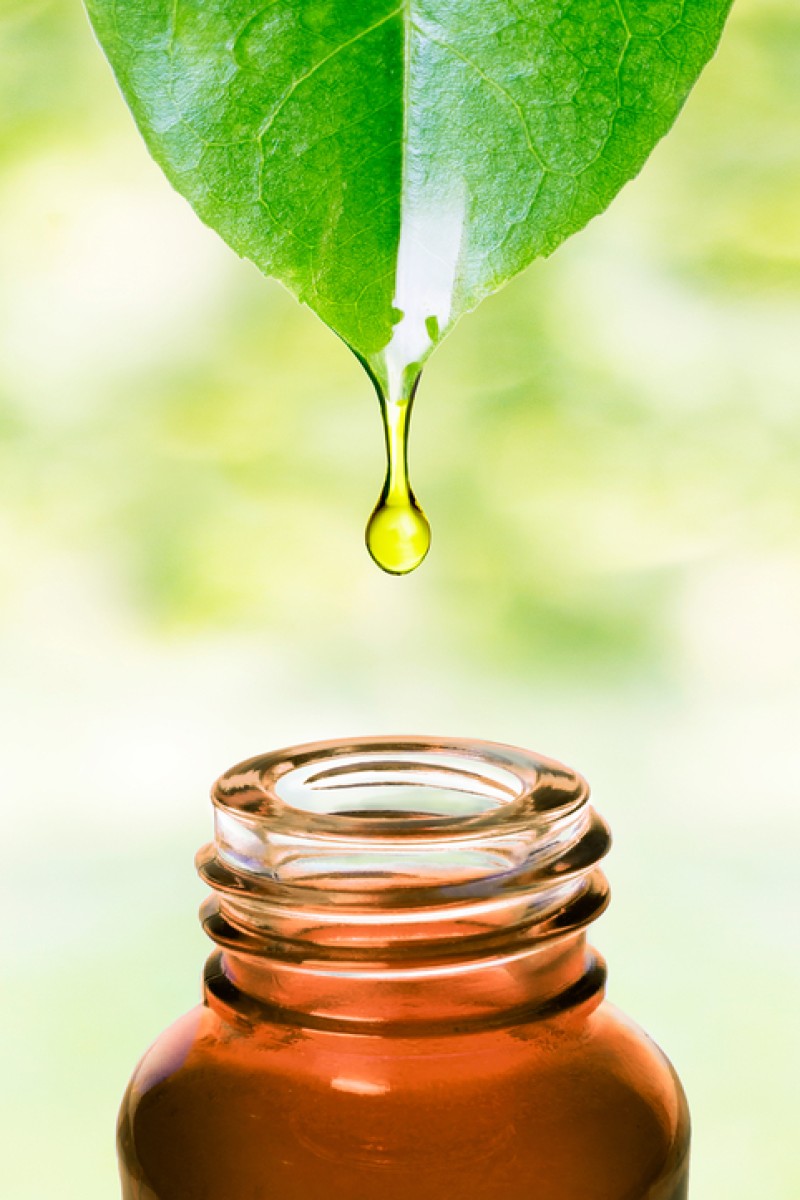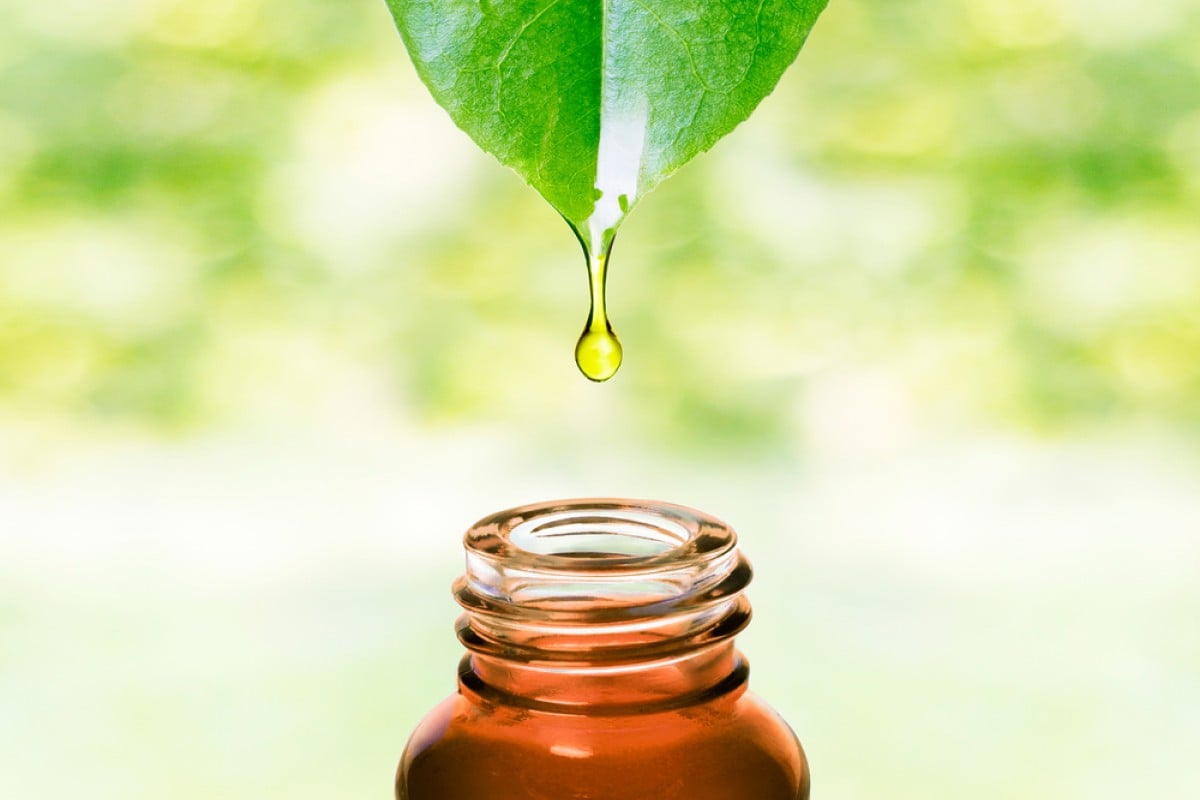
Feeling wound up? Got an itch, bite, dry patch, or sore spot? Maybe aromatherapy can help …

Aromatherapy is the practice of using natural, or "essential", oils extracted from flowers or other parts of a plant to enhance psychological and physical well-being.
For thousands of years, essential oils have been used in perfumes and drugs by people from Egypt to China to Greece. Modern aromatherapy was founded by René-Maurice Gattefossé, a French chemist who wrote about the healing properties of lavender after using it to treat a burn on his hand.
To create the oils, plants are distilled, often by using steam, pressed or extracted using a solvent. They can then be diluted and applied to pulse points, heated to circulate the scent, added to oil such as jojoba and used for massages, or dropped into a bath for ultimate relaxation.
It is believed that the different scents may trigger nerves that send messages to the brain, and affect how you feel.
This is useful in a busy city like Hong Kong where there's little time to relax.
So let's look at seven types of common oil, and their benefits.
1) Lavender oil
Use: apply a few drops to your pillow when you can't sleep; inhale a drop on a tissue to calm nerves; add some to a bath or washcloth to soothe eczema; apply slightly diluted to cuts and burns to help them heal; add to aloe vera gel to soothe sunburn.
*It must not be ingested, so it cannot be added to food.
2) Peppermint oil
Use: diffuse in a burner to relieve stress; add drops to hot water and inhale to ease headaches; add to oil for a massage to ease sore muscles; add to shampoo to clear a flaky scalp; add to massage oil and rub your stomach gently to ease an upset stomach.
3) Tea tree oil
Use: undiluted on fungal infections on your feet; add to aloe vera gel or jojoba oil, then apply to pimples; add to shampoo to fight dandruff
*Do not swallow! Those with sensitive skin should be careful using it.
4) Basil oil
Use: to treat bug bites; add to a bland oil and rub on skin as insect repellent; inhale to clear your mind; diffuse in a burner or inhale to ease sinus congestion.
5) Rose oil
Use: add to moisturiser to improve skin texture and soothe dry skin; add to oil for a massage, or a few drops to a bath if you're feeling blue; add to hot water and inhale to ease coughs and congestion.
6) Eucalyptus oil
Use: add to hot water and inhale vapour to ease congestion; dilute and use to disinfect wounds; add to oil and massage sore muscles; mix with oil and rub to repel insects; add to warm water and soak feet to combat stink.
7) Grapefruit oil
Use: put a few drops on a tissue and inhale to boost energy, clear your mind or overcome the blues; inhale or put a few drops on your flannel when you shower to help beat jetlag; add to massage oil and rub your stomach gently to ease an upset stomach.
